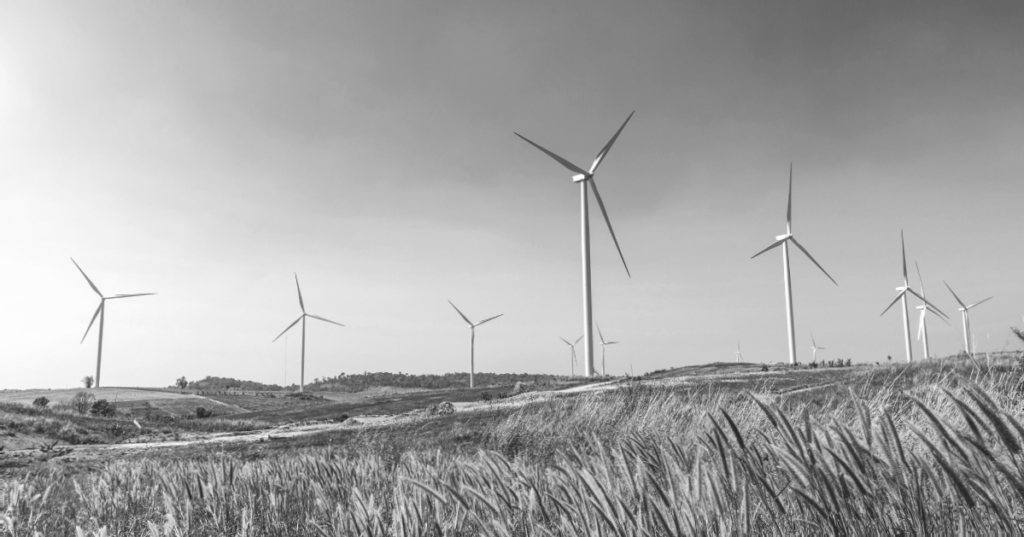It’s impossible to ignore the issue of climate change in 2022. And certainly, if you’re invested in the markets, you wouldn’t want to.
One reason to pay close attention could be that you hope to invest in line with your beliefs and values, supporting those carbon-reduction and environmentally sustainable practices and solutions that will help make the world a better place for your children and grandchildren.
But there’s another reason – one that holds weight from a purely financial perspective.
The fact is, rising temperatures, climate-related policies and new technologies are presenting financial risks and financial opportunities. And while some are in the more distant future – such as the fate of ski resorts in a warmer world – others are nearly upon us. Think of the implications of Europe’s ban on new petrol and diesel cars by 2035. Or the rise in drought-tolerant crops in Australia.
Avoiding risk and embracing opportunity are critical to the long-term health of your investment portfolio, and also to your super balance.
Physical investment risk explained
There are two kinds of investment risk when it comes to climate change. The first is the physical risk – the impact more frequent severe weather events can have on businesses and the economy at large.
Beyond their capacity for physical destruction, fires and floods can disrupt a company’s vital supply chains. For example, many businesses in the Hawkesbury region of NSW ground to a temporary halt this year, cut off from transport links once more as the Windsor Bridge in Western Sydney was again blocked by flood waters. On a larger scale, the global pandemic has demonstrated just how vulnerable many international businesses are to an unexpected pause in essential supplies.
That’s why it’s important for investors to consider the individual companies, whole sectors and entire countries that have the fortitude and adaptability to sidestep such issues – to survive and even thrive.
Take Australia’s agricultural industry. There you will find farmers who have leased part of their land to a solar farm, their sheep grazing among the solar panels. On top of providing an alternative income, this approach is also increasing the quality of wool, according to early results.
Transition investment risk explained
The second kind of climate risk is known as ‘transition risk’. Perhaps more concerning in the short-term, it’s associated with transitioning to renewable forms of energy.
This is becoming ever more relevant as many countries, including Australia, sign up to a net-zero emissions target by 2050. With this target just three decades away, the UN-supported Principles for Responsible Investment state that meeting it will require an immediate cessation of new gas and oil exploration, a rapid adoption of renewable energy and a huge shift in production methods and consumption patterns.
That’s going to impact a lot of businesses, resulting in some clear winners and losers. For an investor, it will be a matter of assessing the likelihood of a company with an old business model becoming rapidly irrelevant or the very real risk of having stranded assets within an investment portfolio. Those that are wholly dependent on fossil fuels are clearly vulnerable – mining and electric utility companies being notable examples. But businesses and even sectors that are indirectly affected might also be left behind, including those that supply parts and services to these businesses.
On the upside, any sector that is part of the large-scale deployment of enabling technologies, materials and services will be well placed to benefit from the rapid change to net zero. So too will be companies that take the lead in adapting to a carbon-constrained economy.
Investing in the future
In a world that’s rapidly shifting and adapting, there’s no doubt that the power of many will play a huge and vital role in our future success – both as investors and individuals.
Source: IOOF





